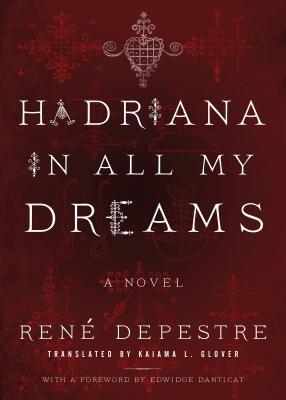"You do not need to believe in zombies or Vodou to be carried away by this story—a metaphor for all forms of dispossession. . . . René Depestre has gone beyond nostalgia to write a sumptuous love story." —Le Monde
Hadriana in All My Dreams, winner of the prestigious Prix Renaudot, takes place primarily during Carnival in 1938 in the Haitian village of Jacmel. A beautiful young French woman, Hadriana, is about to marry a Haitian boy from a prominent family. But on the morning of the wedding, Hadriana drinks a mysterious potion and collapses at the altar. Transformed into a zombie, her wedding becomes her funeral. She is buried by the town, revived by an evil sorcerer, and then disappears into popular legend.
Set against a backdrop of magic and eroticism, and recounted with delirious humor, the novel raises universal questions about race and sexuality. The reader comes away enchanted by the marvelous reality of Haiti’s vodoo culture and convinced of Depestre’s lusty claim that all beings––even the undead ones––have a right to happiness and true love.
René Depestre, born in 1926, is one of the most important voices of Haitian literature. A peer of seminal figures like Aimé Césaire, Pablo Neruda, and André Breton, Depestre has engaged with the politics and aesthetics of negritude, social realism, and surrealism for more than half a century. Having lived through significant moments in Haitian and New World history, Depestre is uniquely positioned to reflect on the extent to which the Americas and Europe are implicated in Haiti’s past and present.










